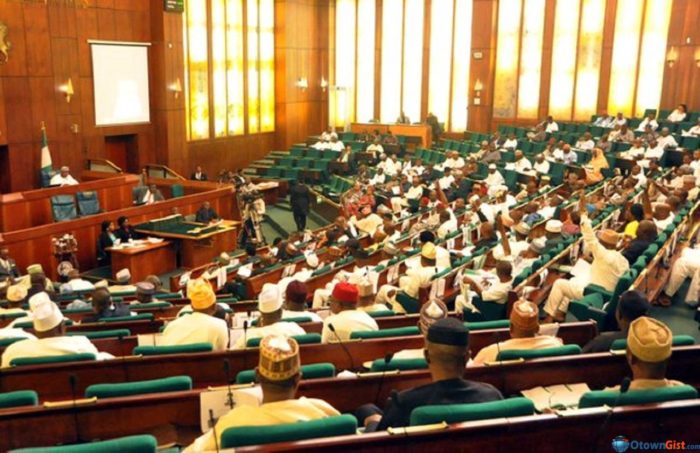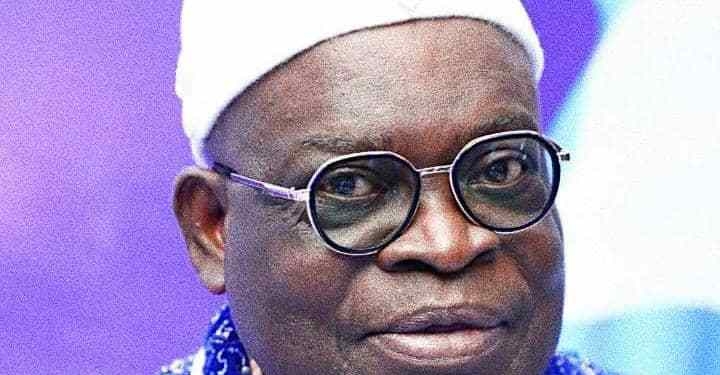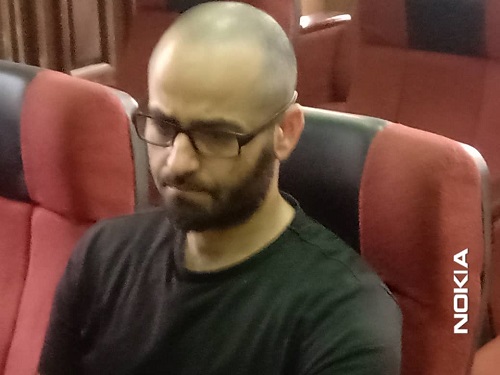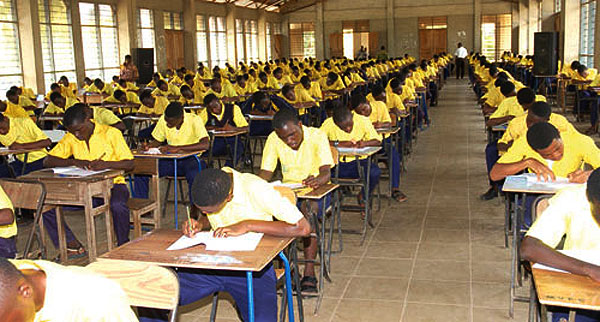Rivers State Governor, Sir Siminalayi Fubara, has removed Chidi Awuse as Chairman of Rivers State Council of Traditional Rulers. Awuse, an ally of the Minister of Federal Capital Territory (FCT), Nyesom Wike, was replaced with the traditional ruler of Apara Kingdom, Eze Chike Worlu Wodo. The Interesting Things About Pha Din Pass, Dien Bien That Just A Few People Know The governor said Awuse was removed following inactivity and the absence of effective leadership of the council under him. Governor Fubara made the announcement at a special meeting he had with members of the Rivers State Council of Traditional Rulers at the Banquet Hall of Government House in Port Harcourt on Friday. Wodo is the Paramount Ruler of Apara Kingdom in Obio/Akpor Local Government Area of the State. Governor Fubara pointed out that, under Eze Sergeat Awuse, the council produced a calendar for the year 2024, and insulted the State Government by deliberately refusing to include the photographs of the Governor and the Deputy Governor. Such posture, Governor Fubara noted, among others, clearly demonstrated that the council under that kind of leadership had not, and would never live up to expectations. He said, “I want the council to live up to its responsibility. From my observation, the council is moribund. So, I can feel that the council, for a while now, has been very inactive. Inactive because, maybe, the chairman has decided not to be responsible as a chairman. I think that is the best way to describe it. “I am not talking about other things that have been happening. But I feel there are responsibilities of the chairman, and so far, I have not felt it and you can also attest to that, that you are not seeing that leadership that you expect. “I would like to draw your attention to a special insult that was meted to this government. The council produced a calendar for the year of our Lord 2024, and the Governor’s picture, and the Deputy Governor’s picture are not in the calendar. “I want to ask you: does it show any sign that, that leadership is working with this government? I hope you have a copy of it? Does it show that your chairman is working with this government? So, I have decided today, we have to move forward. By the special grace of God, the administrative life-span of the chairman is one year, which is renewable. So, at this particular time, I have to say that with the power vested on me, I announce that the tenure of Chief Sergeant Awuse has been terminated.” Governor Fubara said, at such critical time of his administration, when peace is cardinal with traditional rulers, who are closer to the people, not properly coordinated, it will be difficult to achieve the required harmony and coexistence among the people. The Governor pointed out that there was need to have a more competent and diligent traditional ruler with the presence of mind, and ability to carry everybody along, stressing that Eze Chike Worlu Wodo most appropriately fits into that cap, with a fatherly personality, mature character, integrity and pedigree. “So, going forward, there is need to have a leadership that will accommodate everybody and move this council forward. “Let me, before saying other things, announce here that the new chairman from this particular moment will be Eze Chike Worlu Wodo, Eze Ohna Apara, Paramount Ruler of Apara Kingdom. He will be the chairman, Rivers State Council of Traditional Rulers, and I believe strongly that he is going to do better and accommodate everyone.”














